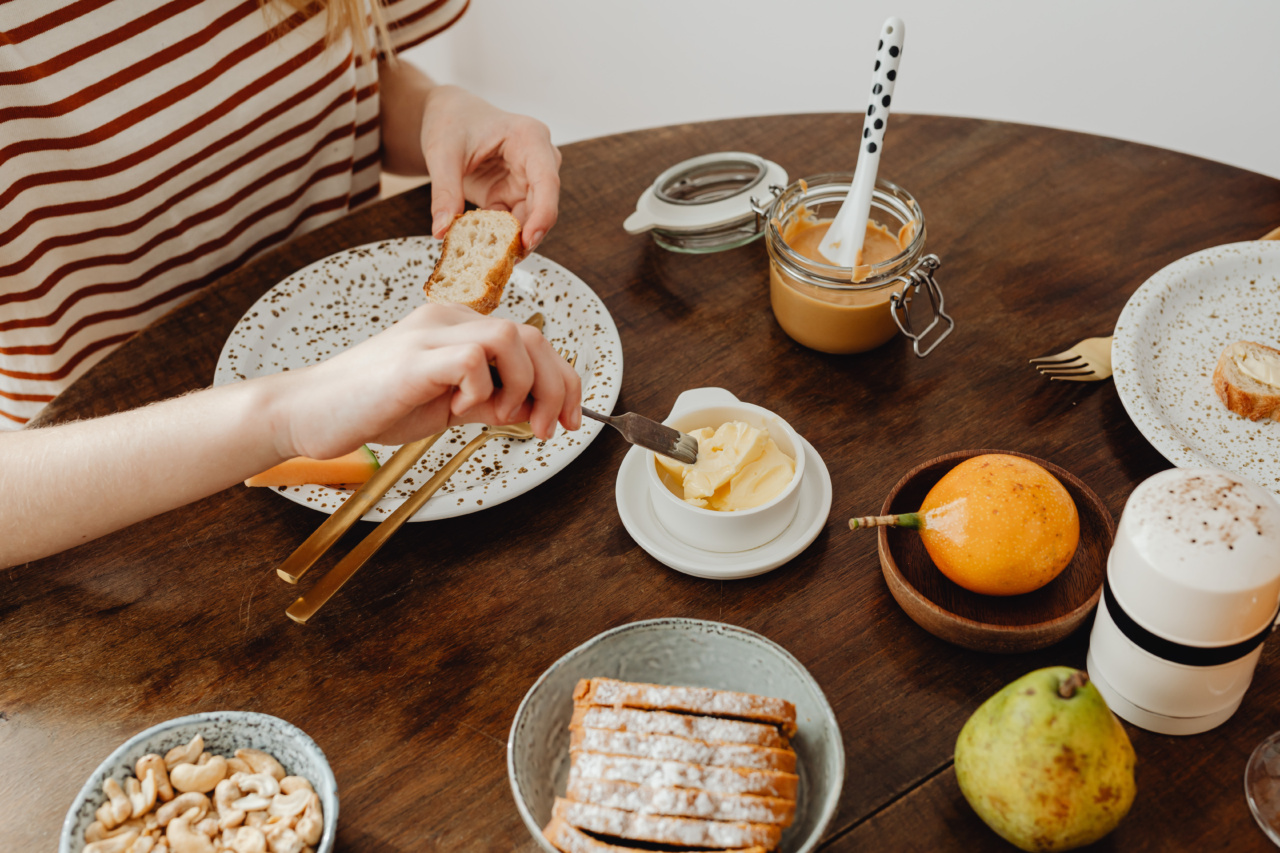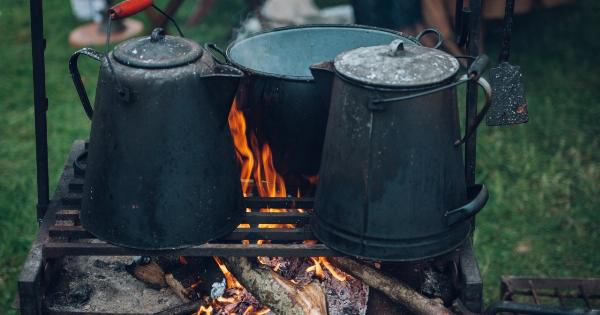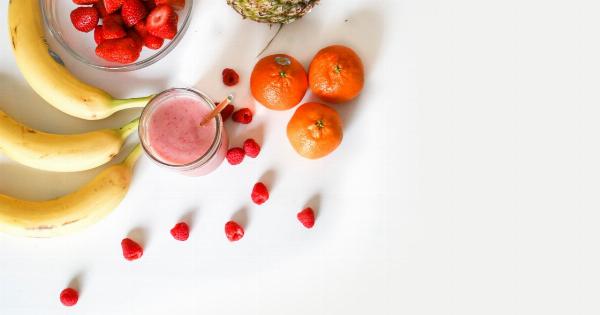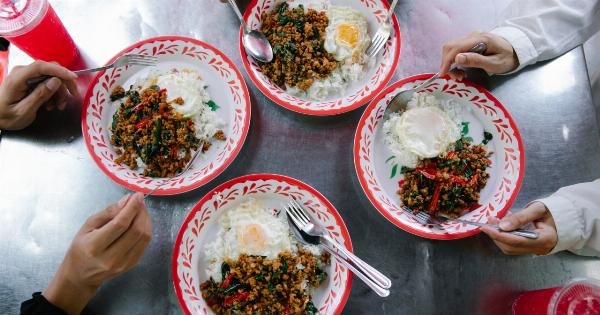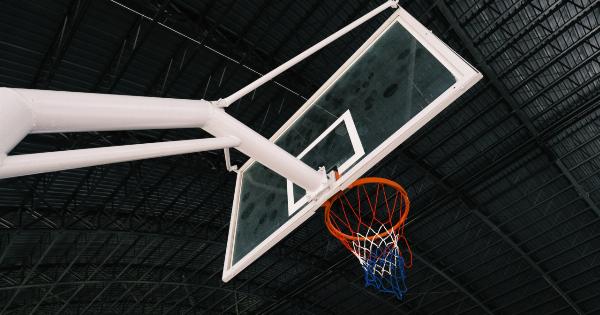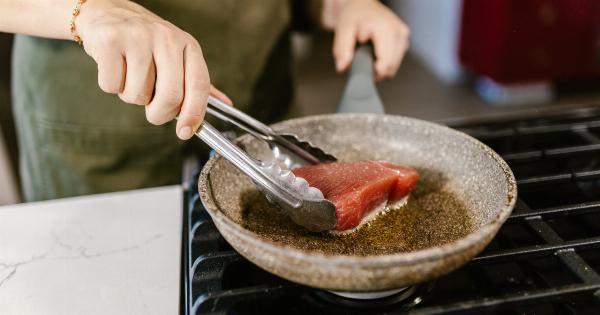Iron is an essential mineral that plays a vital role in the body. It is responsible for transporting oxygen to the cells and tissues, supporting immune function, and aiding in energy production.
The body needs a sufficient amount of iron to carry out various physiological processes effectively.
Why is Iron Important?
Iron plays a crucial role in maintaining overall health and well-being. It is particularly important for:.
- Preventing iron deficiency anemia
- Supporting brain development and cognitive function
- Enhancing immune system function
- Aiding in energy production
- Promoting muscle strength and endurance
- Supporting healthy hair, skin, and nails
- Facilitating proper digestion and nutrient absorption
Signs and Symptoms of Iron Deficiency
Iron deficiency occurs when the body doesn’t have enough iron to produce sufficient red blood cells. Some common signs and symptoms of iron deficiency include:.
- Fatigue and weakness
- Shortness of breath
- Pale skin and nail beds
- Dizziness and lightheadedness
- Headaches
- Heart palpitations
- Restless legs syndrome
- Poor concentration and cognitive function
Iron-Rich Foods
Including iron-rich foods in your diet is crucial to maintain adequate iron levels. Here are some of the best sources of dietary iron:.
1. Red Meat
Red meat, such as beef, lamb, and venison, is one of the best sources of heme iron, a highly bioavailable form of iron. Including lean cuts of red meat in your diet can help boost your iron levels.
2. Poultry
Chicken and turkey are good sources of heme iron. To maximize iron absorption, choose skinless and lean cuts.
3. Seafood
Seafood, such as oysters, clams, and shrimp, contains significant amounts of heme iron. Additionally, fatty fish like salmon and tuna provide iron along with omega-3 fatty acids.
4. Legumes
Legumes, including lentils, chickpeas, and beans, are excellent plant-based sources of iron. They are also high in fiber and other essential nutrients.
5. Dark Leafy Greens
Vegetables like spinach, kale, and Swiss chard are rich in iron and other nutrients. Incorporating these greens into your meals can boost your overall iron intake.
6. Nuts and Seeds
Almonds, cashews, and pumpkin seeds are great sources of non-heme iron. Snacking on these nutritious foods can contribute to your daily iron needs.
7. Fortified Foods
Many cereals, breads, and other products are fortified with iron. Check the labels to identify fortified options that provide an additional source of iron.
8. Dried Fruits
Raisins, prunes, and apricots are examples of dried fruits that contain iron. They make for convenient and nutritious snacks.
9. Tofu and Soy Products
Tofu and soy-based products, such as tempeh, provide a vegetarian source of iron. They are also rich in protein, making them versatile and nutritious additions to your meals.
10. Cooking in Cast Iron Cookware
Cooking acidic foods like tomatoes in cast iron cookware can increase the iron content of your meals. This method enriches the iron content of your food naturally.
Iron Absorption Factors
While consuming iron-rich foods is important, there are factors that can enhance or inhibit iron absorption. Here are some key considerations:.
1. Vitamin C
Eating foods rich in vitamin C, such as citrus fruits, strawberries, and bell peppers, alongside iron-rich foods can enhance iron absorption.
2. Calcium and Dairy
Calcium and dairy products can hinder iron absorption when consumed together. It’s best to avoid consuming calcium-rich foods and dairy products during the same meal as iron-rich foods.
3. Phytates and Oxalates
Some plant compounds like phytates (found in whole grains and legumes) and oxalates (found in spinach and beet greens) can bind to iron and inhibit its absorption.
Soaking, fermenting, or cooking these foods can help reduce the levels of these compounds and enhance iron absorption.
4. Caffeine and Tannins
Caffeine, found in coffee and tea, and tannins, found in tea and wine, can interfere with iron absorption. Consider spacing out their consumption from iron-rich meals or drinking them in moderation.
5. Iron Supplements
In some cases, iron supplements may be necessary to meet the recommended daily intake of iron. However, it’s important to consult with a healthcare professional before starting any supplementation routine.
Conclusion
Getting the most out of iron-rich foods is essential for maintaining optimal iron levels in the body.
Including a variety of iron-rich foods in your diet and considering factors that enhance iron absorption can help prevent iron deficiency and promote overall health and well-being.
